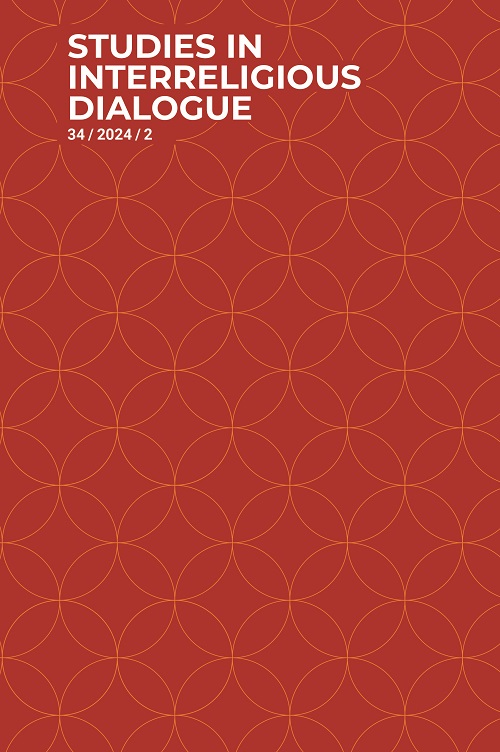 previous article in this issue previous article in this issue | next article in this issue  |

Preview first page |
Document Details : Title: Is Comparative Theology Orthodox? Author(s): PAPATHANASIOU, Athanasios N. Journal: Studies in Interreligious Dialogue Volume: 24 Issue: 1 Date: 2014 Pages: 104-118 DOI: 10.2143/SID.24.1.3040785 Abstract : The comparative enterprise is not simply untouched but rather entirely invisible to current Orthodox thought. This article poses five issues where the roads of Orthodox theology and comparative work may cross or join. 1) Comparative theology is seen as an opening up to otherness but still a highly individual procedure. Though comparative theologians are willing to offer their fruits to the wider religious communities, the work per se is done outside such relationships. This implies that comparative theology should be conceived as a valuable method that has to be accompanied by or nourished by encounter with the living Other. 2) Confessional identity (traditional or hybrid) should be distinguished from blind stubbornness. It is a valuable asset insofar as it coincides with having criteria to formulate answers and be responsible for their implications. Without this confirmation of confessional identity, the human subject is not open; it is empty. 3) Comparative theology’s emphasis on detail is valuable but does not need to be divorced from wider theory. Without a holistic approach, every single particularity can reach tremendous dimensions that overshadow all other particularities. 4) The comparative enterprise is, by definition, based on the concept of conversion, i.e., the vulnerability to both the teachings of the home tradition and the other tradition. So, comparative study is connected to witnessing and inviting to the truth. If not, it then abrogates its theological nature and restricts itself to mere phenomenological observation. 5) Opening up to other religions is of profound importance. But a vast number of people are atheist or agnostic, and the intellectual struggle of humanity is waged on mixed fields. If the rush to openness is identified with interreligious relations only, then it will lapse into introversion, becoming an internal affair of only those who acknowledge faith as a substantial reality. |
 |


